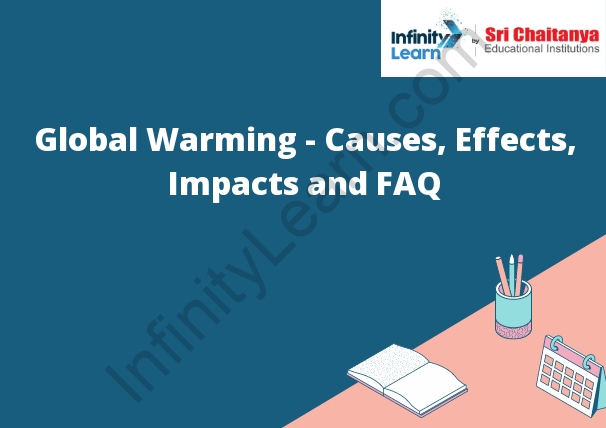Table of Contents
What have we done to the World?
We have polluted the world with our waste and emissions. We have destroyed forests and other natural habitats. We have overfished the oceans and caused mass extinctions. We have created a global climate crisis.

Causes of Global Warming
There is no one cause of global warming. Instead, it is the result of a variety of factors that work together.
Human activities are the main cause of global warming. We burn fossil fuels like coal and oil, which release greenhouse gases like carbon dioxide into the air. These gases trap heat, causing the Earth to warm.
Deforestation also contributes to global warming. Trees absorb carbon dioxide from the air, and when they are chopped down, that carbon dioxide is released back into the atmosphere.
Global warming also has natural causes. For example, the sun’s energy causes the Earth to warm, and the Earth’s rotation and orbit around the sun also play a role.
Causes of Climate Change:
There are many different factors that can cause climate change. Some of the most important factors include the following:
1. Greenhouse gases: One of the most important factors that contribute to climate change is the increased concentration of greenhouse gases in the Earth’s atmosphere. Greenhouse gases are gases that trap heat from the Sun and prevent it from radiating back out into space. This trapped heat causes the Earth to warm, which leads to climate change.
2. Human activities: Another major factor that contributes to climate change is human activities. Humans produce large amounts of greenhouse gases through activities like burning fossil fuels, deforestation, and agricultural production. These activities are causing the Earth to warm at an alarming rate.
3. Natural factors: There are also a number of natural factors that contribute to climate change. For example, changes in the Earth’s orbit and axis can cause the amount of sunlight that reaches the Earth to change, which can lead to warmer or cooler temperatures. Additionally, volcanic eruptions can release large amounts of CO2 into the atmosphere, which can contribute to climate change.
Natural Causes of Global Warming
There are many natural causes of global warming. One of the most important natural causes is the sun. The sun emits radiation that warms the Earth. Another important natural cause of global warming is the Earth’s orbit around the sun. The Earth’s orbit is elliptical, which means that the Earth is not always the same distance from the sun. When the Earth is closer to the sun, it is warmer. When the Earth is further from the sun, it is cooler. The Earth’s tilt also affects the amount of sunlight that the Earth receives. The Earth’s tilt is 23.5 degrees. This means that the Earth’s Northern Hemisphere is tilted towards the sun for half of the year and tilted away from the sun for the other half of the year. The Earth’s rotation also affects the amount of sunlight that the Earth receives. The Earth rotates once every 24 hours. This means that the Earth is constantly turning from the light of the sun to the darkness of space.
Global Warming: Its Effects and Impacts
Global warming is the gradual increase of the Earth’s average surface temperature. The main component of global warming is the increased emission of greenhouse gases. These gases form a “blanket” around Earth that trap energy from the sun. This trapped energy makes the Earth’s atmosphere warm, and disturbs the Earth’s climate.
The main effects of global warming are:
1. The Earth’s climate will become warmer.
2. The Earth’s weather will become more extreme, with more storms, floods, and droughts.
3. The Earth’s oceans will rise, flooding coastal areas.
4. The Earth’s food supply will be threatened, as crops and animals adapt to warmer climates.
5. The Earth’s ecosystems will be disrupted, including the extinction of many plant and animal species.
6. The cost of adapting to global warming will be high, both for individuals and for countries.



